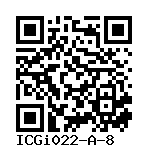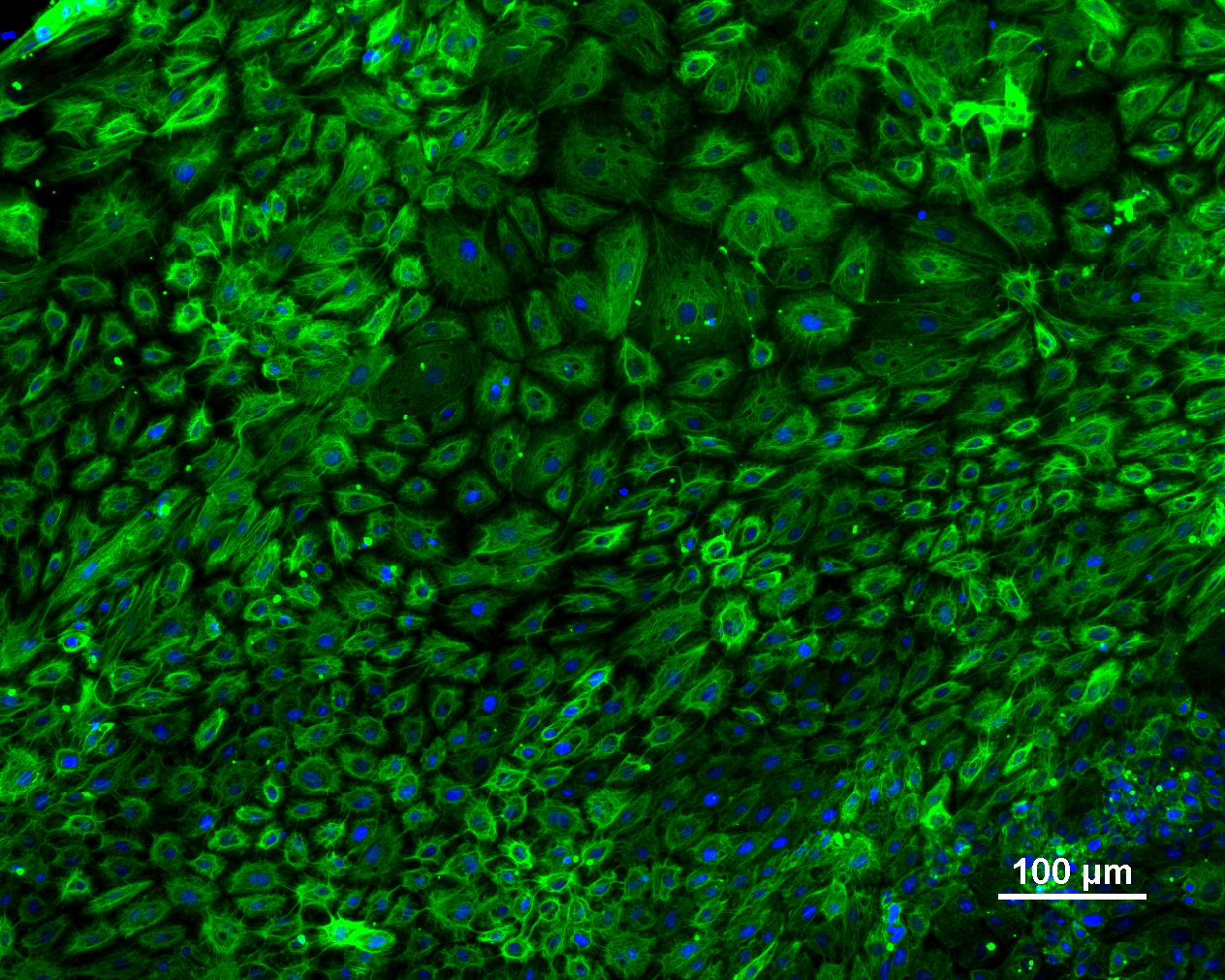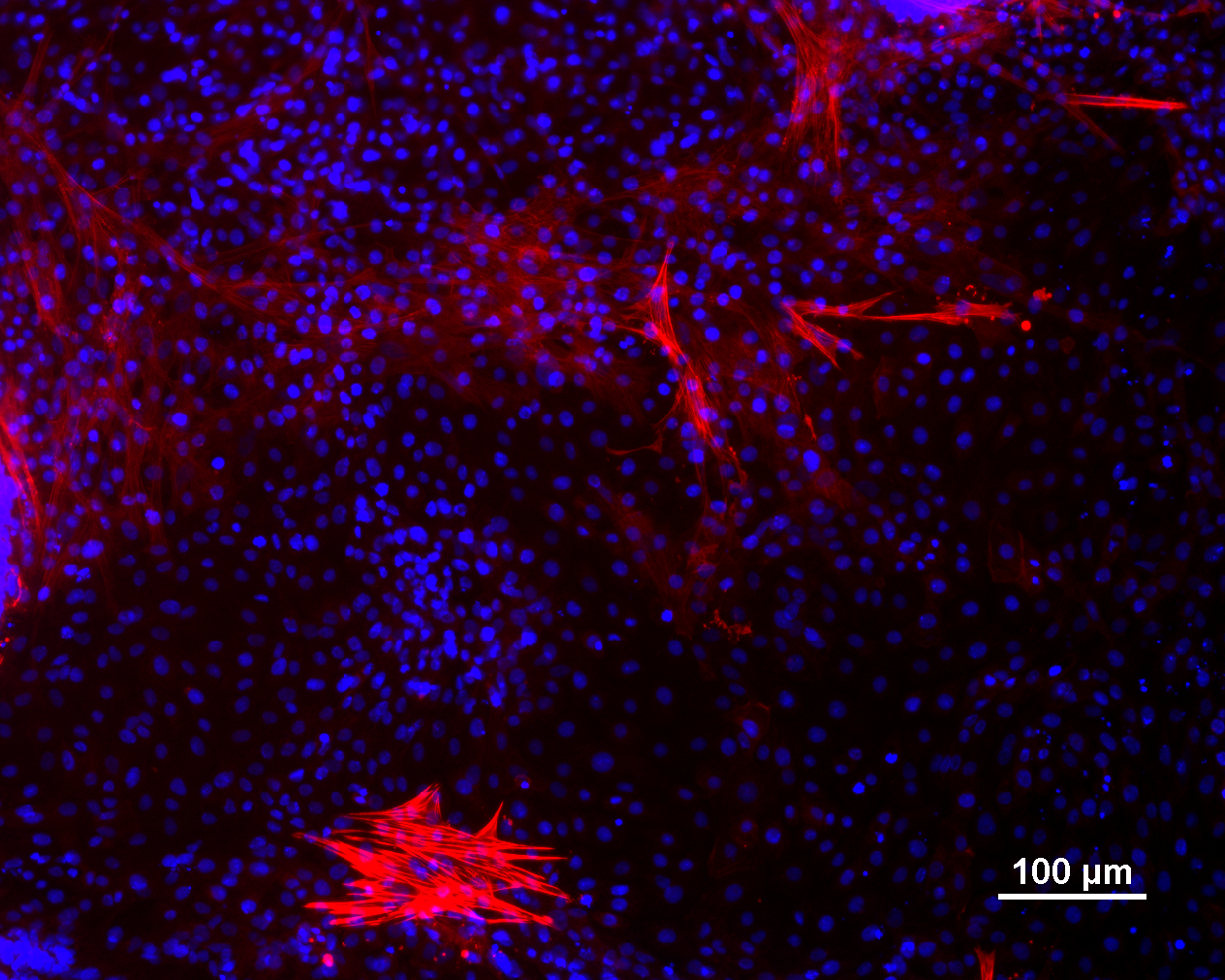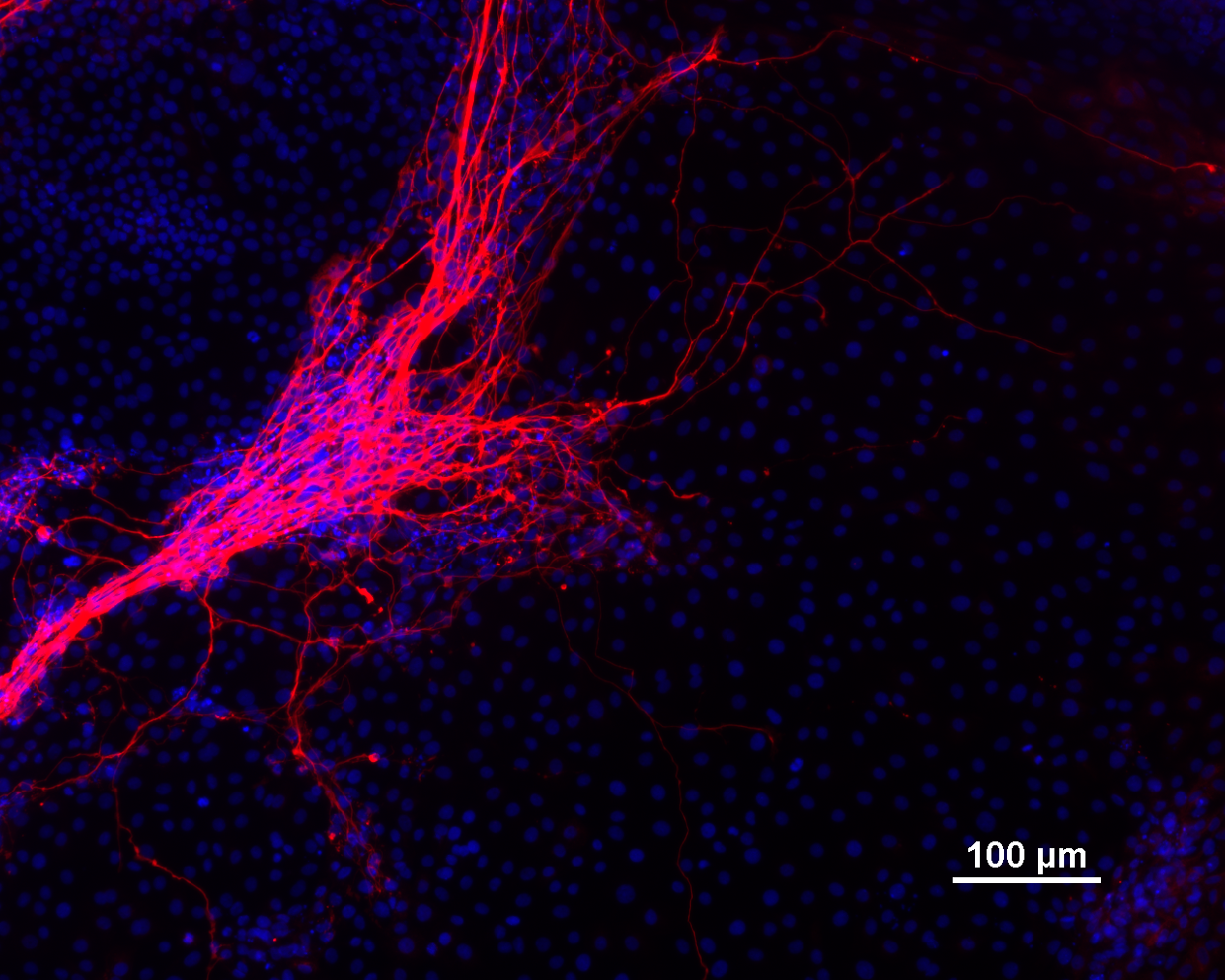K7-4 T32
ICGi022-A-8
General
Cell Line |
|
| hPSCreg name | ICGi022-A-8 |
| Cite as: | ICGi022-A-8 |
| Alternative name(s) |
K7-4 T32
|
| Cell line type | Human induced pluripotent stem cell (hiPSC) |
| Similar lines |
WAe009-A-1H (MYL3-KO) WAe009-A-36 (JPH2-KO) WAe009-A-1Y (TRPV2-KO) UCSDi001-A-1 (UCSD242i-LQT1-1, LQT1_2_5_iPSC_P17) UCSDi001-A-2 (LQT3_35_iPSC_P15, UCSD243i-LQT3-1) UCSDi001-A-3 (LQT3_4_28_Homo_52_iPSC_P15, UCSD244i-LQT3-2) UCSDi001-A-4 (UCSD245i-CNTL-1, T036_SNP1_Het_1_iPSC_P15_R01) UCSDi001-A-5 (UCSD246i-CNTL-2, T036_SNP1_Het_3_iPSC_P16_R01) BBANTWi012-A-1 (TTN_E48_V4623*) BBANTWi012-A-2 (iPSC_FB_F19901C3_TTN_E48_L4612*) BBANTWi012-A-3 (iPSC_FB_F19901C3_TTN_E357_E33459*_N33456N_C30) BBANTWi012-A-4 (iPSC_FB_F19901C3_TTN_E357_V33467*_N33456N_C3) WAe009-A-1E (TBX20-KO) NUIGi038-B-1 (CR.LQTH002Cx-A17) NUIGi038-B-2 (CR.LQTH002Cx-A21) NUIGi038-B-3 (CR.LQTH002Cx-3A15) NUIGi038-B-4 (CR.LQTH002Cx-3A18) WAe009-A-62 (KCNQ1 KO) |
| Last update | 19th December 2023 |
| User feedback | |
Provider |
|
| Generator | Institute of Cytology and Genetics, Siberian Branch of Russian Academy of Sciences (ICG) |
| Owner | Institute of Cytology and Genetics, Siberian Branch of Russian Academy of Sciences (ICG) |
| Distributors | |
| Derivation country | Russia |
External Databases |
|
| BioSamples | SAMEA114588928 |
General Information |
|
| Publications | |
| * Is the cell line readily obtainable for third parties? |
Yes Research use: allowed
Clinical use: not allowed
Commercial use: not allowed
|
| Subclone of | |
Donor Information
General Donor Information |
|
| Sex | female |
| Ethnicity | Caucasian |
Phenotype and Disease related information (Donor) |
|
| Diseases | No disease was diagnosed.
|
| Disease associated phenotypes | no phenotypes |
Karyotyping (Donor) |
|
| Has the donor karyotype been analysed? |
Yes
|
Other Genotyping (Donor) |
|
| Is there genome-wide genotyping or functional data available? |
Yes
Exome sequencing
https://www.ncbi.nlm.nih.gov/sra/?term=SRR11413027 No disease associated mutation found |
Donor Relations |
|
| Other cell lines of this donor | |
External Databases (Donor) |
|
| BioSamples | SAMN14446266 |
Ethics
Also have a look at the ethics information for the parental line
ICGi022-A
.
| Is there an MTA available for the cell line? | No |
| For generation of the cell line, who was the supplier of any recombined DNA vectors or commercial kits used? | IDT crRNA and tracrRNA were used for CRISPR/Cas9 gene editing |
| Are you aware of any constraints on the use or distribution of the cell line from the owner or any parties identified in the query above? | No |
hIPSC Derivation
General |
|
|
The source cell information can be found in the parental cell line
ICGi022-A.
|
|
| Passage number reprogrammed | 20 |
Reprogramming method |
|
| Vector type | Non-integrating |
| Vector | Episomal |
| Genes | |
| Is reprogramming vector detectable? |
No |
| Methods used |
PCR, Sequencing
|
Vector free reprogramming |
|
| Type of used vector free reprogramming factor(s) |
None
|
Other |
|
| Selection criteria for clones | ESC-like morphology |
| Derived under xeno-free conditions |
No |
| Derived under GMP? |
No |
| Available as clinical grade? |
No |
Culture Conditions
| Surface coating | Gelatin | |||||||||||||||
| Feeder cells |
Mouse embryonic fibroblasts Cellfinder Ont Id: http://www.ebi.ac.uk/efo/EFO_0004040 |
|||||||||||||||
| Passage method |
Enzymatically
TrypLE
|
|||||||||||||||
| O2 Concentration | 20 % | |||||||||||||||
| CO2 Concentration | 5 % | |||||||||||||||
| Medium |
Other medium:
Base medium: Knock-out DMEM
Main protein source: Knock-out serum replacement Serum concentration: 15 % Supplements
|
|||||||||||||||
| Has Rock inhibitor (Y27632) been used at passage previously with this cell line? | Yes |
|||||||||||||||
| Has Rock inhibitor (Y27632) been used at cryo previously with this cell line? | No |
|||||||||||||||
| Has Rock inhibitor (Y27632) been used at thaw previously with this cell line? | Yes |
Characterisation
Analysis of Undifferentiated Cells
| Marker | Expressed | Immunostaining | RT-PCR | Flow Cytometry | Enzymatic Assay | Expression Profiles |
| NANOG |
Yes |
|||||
| POU5F1 (OCT-4) |
Yes |
|||||
| TRA 1-60 |
Yes |
|||||
| SOX2 |
Yes |
Differentiation Potency
Microbiology / Virus Screening |
|
| Mycoplasma | Negative |
Genotyping
Karyotyping (Cell Line) |
|
| Has the cell line karyotype been analysed? |
Yes
|
Other Genotyping (Cell Line) |
|
Genetic Modification
| Disease/phenotype related modifications |
|





Login to share your feedback, experiences or results with the research community.